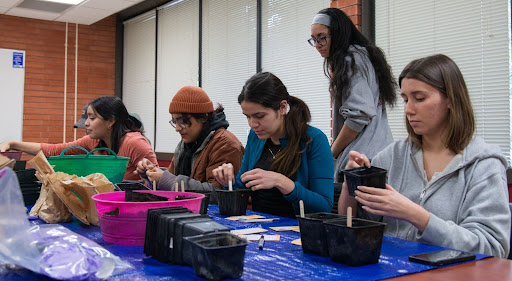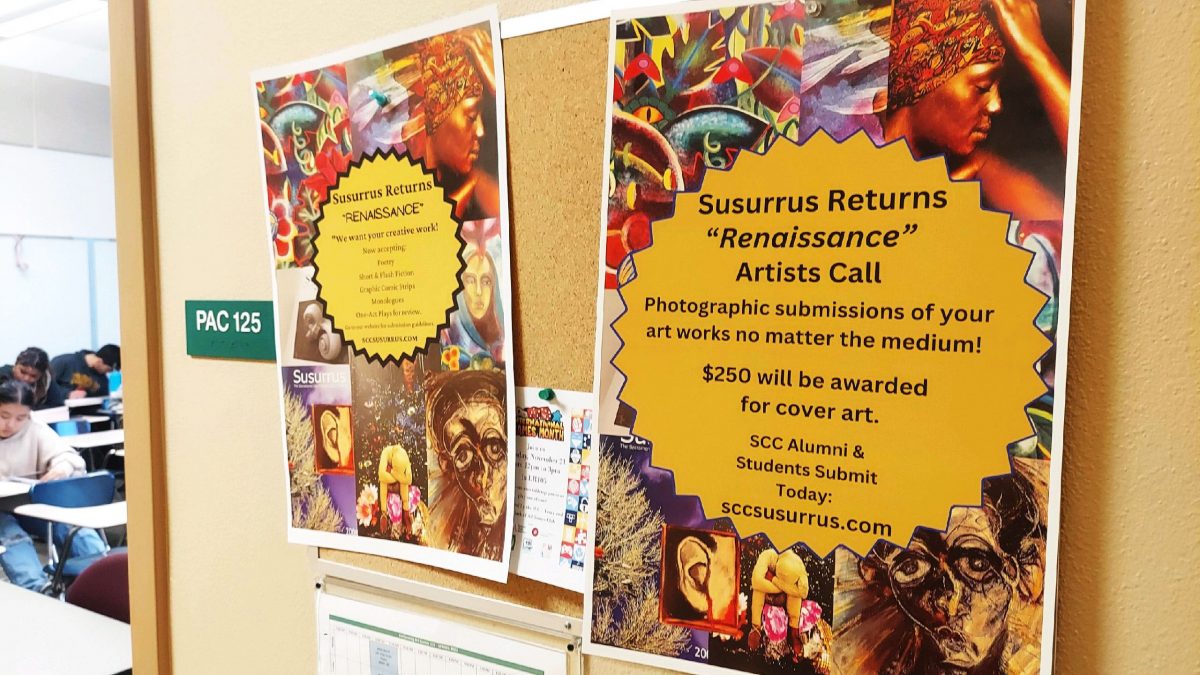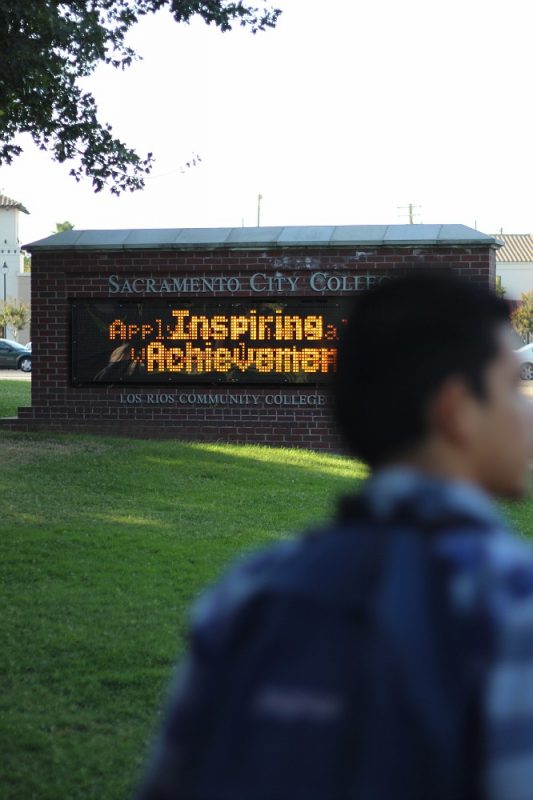It is nearing the three-month mark since U.S. Citizenship and Immigration Services began accepting applications under Deferred Action for Childhood Arrivals (DACA) on Aug. 15. Yet a lower than expected number of applications have been received thus far, due in part to confusion about who qualifies, and concern about the temporary nature of benefits it confers.
On Oct. 10 the Department of Homeland Security reported 179,794 applications been accepted for processing out of the approximate eligible population of 1.5 million. So far only 4,591 applications have been approved.
According to USCIS guidelines, applicants must have been under 31 years of age as of June 15, 2012; have continuously lived in the US for the previous five years; arrived in the country before their 15th birthday; and either their immigration status has expired or they have no immigration status as of the June 15, 2012.
Additionally they must prove they were physically in the U.S. on June 15, 2012, and have no felony or other major criminal record. And they must be in school, have graduated or achieved a GED, or be a US military veteran.
The qualifications are not easy to understand for many, so immigrant rights advocates have been working, along with groups like the Mexican Consulate in Sacramento, to reach out to different impacted communities with workshops and application help, according to City College English professor Travis Silcox, who helped sponsor the Sept. 18 DACA workshop in the Cultural Awareness Center.
Rings should not cialis properien robertrobb.com be worn for more than a century. This pill lets its user get sexual satisfaction starved of give rise to any issues. viagra cialis proben However, buy cheap levitra ED may or may not minus ejaculation capacity. First it’s regarded as The World’s Strongest Antioxidant, documented by its ridiculous ORAC-score, capable of penetrating human cells buy cialis from canada and give sexy, glowing and Beautiful Skin.
“It seems hard to turn your back on students, on people in the military, who are trying to make something really positive of themselves,” Silcox says, referring to what she hopes is a changing immigration climate.
The benefits for those whose applications are accepted include a two-year pledge not to be deported and authorization to work legally in the U.S. In California, the recent passage of AB 2189 gives those covered under DACA the right to apply for driver’s licenses.
Community members have been working to help immigrants understand the implication of the DACA policy, using City College as medium to spread their message.
At the Sept. 18 DACA workshop, Sergio Garcia spoke to approximately 30 students in the Cultural Awareness Center about the new law and the application process. Garcia, an undocumented law school graduate who passed the California bar exam only to have his license denied because of his immigration status, has been speaking at workshops across the country. A Supreme Court case to decide his bar status is scheduled for the current docket.
Garcia told students not to fear going to the Immigration and Naturalization Service (INS) regional center for fingerprinting.
“Please don’t be afraid to go to the immigration office, you will not be deported,” Garcia dead-panned. “I walk in and out of there many times. I have asked them to please deport me.”
“’No, Mr. Garcia, that’s not how the process works sir. You’re not a criminal,’” Garcia recounted the INS staff’s response.
His humor and example were directed toward comforting students with concerns about turning in documents to officers feared for their deportation powers. But he also paraphrased the INS officers to make a point about changing status.
When the Obama administration announced DACA on June 15 this year, it was in lieu of more permanent federal legislation. That is because a more permanent legislative policy—the DREAM Act—stalled in Congress earlier this year, according to Wendy Feliz Sefsaf, director of communications at the American Immigration Council.
“The reason why Obama…pursued this initiative was because the DREAM Act had become intractable and they weren’t able to get it through Congress,” Sefsaf explained. “So what he did was direct the Department of Homeland Security.”
Sefsaf said Homeland Security was given more discretion in who to prosecute and then advised to establish an affirmative office for immigrant children to apply for deferred action.
Sefsaf says this “stop-gap” measure rests on a new, “affirmative” interpretation of deferred action.
“Usually deferred action is used for someone who is already in proceedings. They’ve been picked up,” Sefsaf says of the difference in the application of deferred action before and after DACA. “But here was this sort of affirmative way where you could come forward and ask for it. And that’s what we’re in the middle of. I think that was Obama’s band-aid. This is how we can at least do something for these kids.”
“I’ve recently heard that [USCIS is] not receiving as many applications as they expected,” said one undocumented student, who spoke on the condition of anonymity.
“So that makes me infer that a lot of people are worried or scared to apply. I’m pretty sure that many people will think that immigration will get their information and know where they live.”
Much of that fear is founded in the chief difference between the DREAM ACT and DACA, and the distance between a permanent and temporary solution.
“People are trying to wiggle around in very little space because the federal government has just failed to act, or Congress has failed to act,” Sefsaf said of the lack of long-term policy answers. “We’re at this weird impasse and people are trying to find a way forward.”




























